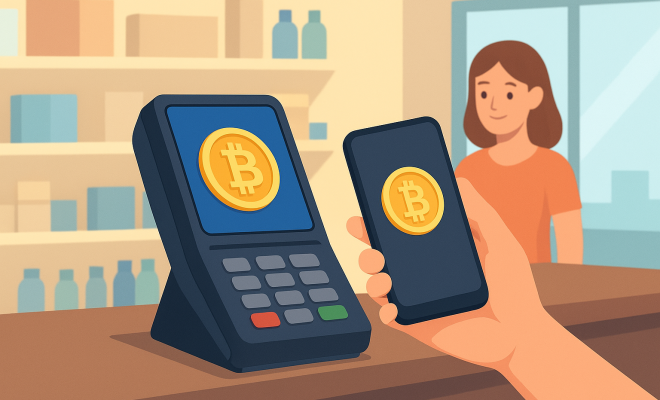What are the differences between credit, debit, and gift cards?

Today’s increasingly cashless society makes plastic and digital payment cards essential tools for managing finances and making purchases. Credit cards, debit cards, and gift cards may appear similar at first glance, often sharing similar physical dimensions and designs, but they function differently with distinct financial implications. By understanding these differences, consumers can choose the most appropriate payment method.
Each card type represents a different relationship with money: credit cards involve borrowing, debit cards provide access to existing funds, and gift cards represent prepaid value for future purchases. These distinctions affect everything from purchase protection and security features to fees, rewards programs, and impact on credit history. A deeper understanding of these payment tools enables more strategic financial management and helps avoid potential pitfalls associated with each option.
Credit cards
Credit cards provide short-term loans from financial institutions to cardholders. When consumers purchase with a credit card, they borrow money from the issuing bank with an agreement to repay it according to specific terms. Key Characteristics:
- Revolving credit line – Credit cards provide access to a predetermined spending limit that renews as balances are paid down.
- Grace period – The interest-free period on credit cards is typically 21-25 days between purchase and payment due date.
- Interest charges – Unpaid balances after the grace period incur interest charges, often at significant rates (typically 15-24% APR).
- Credit building – Responsible use impacts credit scores positively; mismanagement damages credit history.
- Rewards programs – Many credit cards offer cash back, points, or miles for purchases.
- Purchase protections – Extended warranties, fraud protection, and dispute resolution processes.
Debit cards
Debit cards provide direct access to funds held in checking or savings accounts, allowing consumers to purchase or withdraw cash without physically visiting their bank. Key Characteristics:
- Direct bank connection – Transactions immediately deduct funds from the linked bank account.
- No interest charges – Since you’re using your own money, no borrowing or interest applies.
- Limited Overspending: Purchases generally cannot exceed the available account balance.
- PIN or Signature – Transactions typically require a Personal Identification Number or signature for authentication.
- ATM access – Provides cash withdrawal capabilities from compatible ATMs.
- Fewer protections – Typically offers less robust purchase and fraud protection than credit cards.
Gift cards
Gift cards represent prepaid value usable at designated retailers or within specific networks. Users verify their mygift balance to have sufficient funds for upcoming purchases. Key Characteristics:
- Prepaid value – Cards carry a predetermined amount of money loaded at purchase time.
- Limited acceptance – Closed-loop cards work only at specific retailers; open-loop cards with payment network logos have broader acceptance.
- Balance limitations – Purchases cannot exceed the card’s remaining balance.
- Potential expiration – Some gift cards may expire or incur inactivity fees after specific periods.
- No debt risk – Cannot incur debt or interest charges as spending is limited to the loaded value.
Choosing the right card
Each card type offers distinct advantages and limitations depending on specific needs:
Security considerations
- Credit cards offer the strongest fraud protections, with federal law limiting liability to $50 and most issuers providing zero-liability policies.
- Debit cards present a higher risk; as fraudulent transactions can empty bank accounts temporarily during dispute resolution.
- Gift cards provide security through limitation; potential losses are capped at the card’s remaining balance.
Financial management impact
- Credit cards require disciplined repayment to avoid interest charges and debt accumulation.
- Debit cards promote spending within means but may lack comprehensive tracking tools.
- Gift cards enforce strict spending limits and help compartmentalize specific budgets.
These fundamental differences help consumers choose the best payment method. Use credit cards for superior protection, reward debit cards for everyday spending, and gift cards for special occasions.








